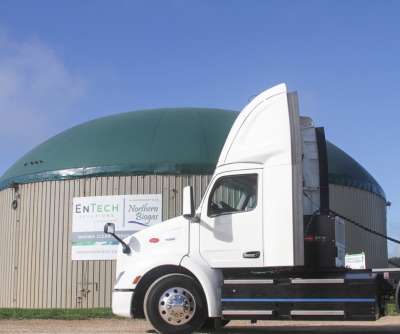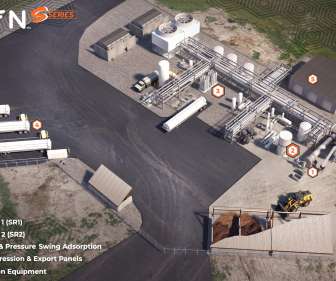New Catalytic Process to Convert Cellulose Into Renewable Diesel and Gasoline
Green Car Congress
AUGUST 15, 2010
Researchers at the University of Wisconsin–Madison led by James Dumesic have developed a catalytic process to convert cellulose into liquid hydrocarbon fuels (diesel and gasoline), using a cascade strategy to achieve the progressive removal of oxygen from biomass, allowing the control of reactivity and facilitating the separation of products.





































Let's personalize your content